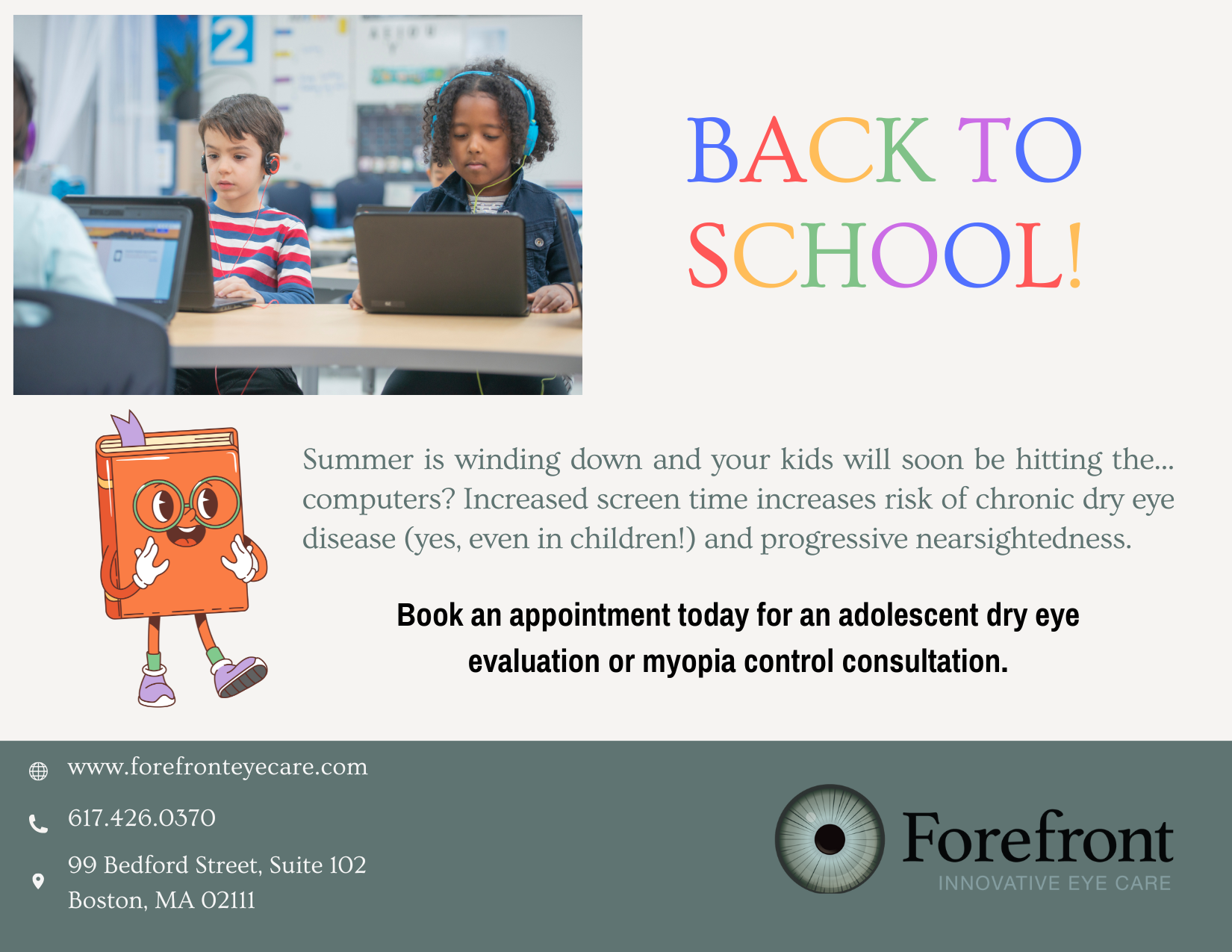
The eyes are among the most crucial parts of the human body, allowing you to see the world around you. As such, they need proper care to maintain their health. Children have the most delicate eyes because they are still developing, and various conditions can affect them.
Thus, it is vital to have children go through regular eye examinations. Doing so helps catch any issues early enough to begin treatment and prevent them from worsening. Read on to learn when you should start taking your child for eye examinations.
Infants
Most parents do not consider taking their infants for eye exams because they cannot read letters on an eye chart at such a young age. However, experts recommend beginning their eye exams at six months of age.
At this age, an eye doctor can check for congenital vision problems or eye conditions by performing a comprehensive eye exam. These include issues like eye misalignment, congenital cataracts, or lazy eyes. Catching your baby’s eye conditions early helps with a better treatment outcome. The chances of success are high during this time.
Toddlers
Children should have eye exams between the ages of two and five. The eye doctor will check how well they can see, their eye tracking, and their teaming skills. Such skills are vital for reading, sports, and writing. The specialist can also check for signs of eye fatigue or strain that often occur when a child spends most of their time looking at digital screens or reading in a poorly lit environment.
School Age Children
Parents should take their children for an eye exam annually or after two years once they reach school-going age. Participating in sports, writing, and reading increases visual demand. Eye exams during this period detect conditions like nearsightedness, farsightedness, and astigmatism in children. Such conditions cause headaches, difficulty seeing the board in class or reading, and eyestrain.
Correcting issues detected during an eye exam at this age helps a child have a better school and social experience. They can perform well in class and will interact and play with their peers without any vision problems. As a result, their quality of life will improve.
Teenagers
The eyes continue developing during adolescence. During this time, regular eye exams are ideal every year or after two years. Prescription glasses and contact lenses are likely solutions for diagnosed conditions.
Eye exams during adolescence help detect prescription changes or any new-developing eye conditions. It is also an ideal time to spread awareness among teenagers about the importance of eye protection from UV rays by wearing UV-protective sunglasses or hats.
Appropriate Age for a Child to Have an Eye Exam
Regular eye exams help protect children’s eye health and development. The right age to start taking your child for an eye exam is six months of age. They should have eye exams at significant stages to protect their eye health and ensure they have the best chance of succeeding in school, life, and sports.
For more about eye exams for children, visit Korb & Associates at our office in Boston, Massachusetts. Call (617) 322-0534 to book an appointment today.










